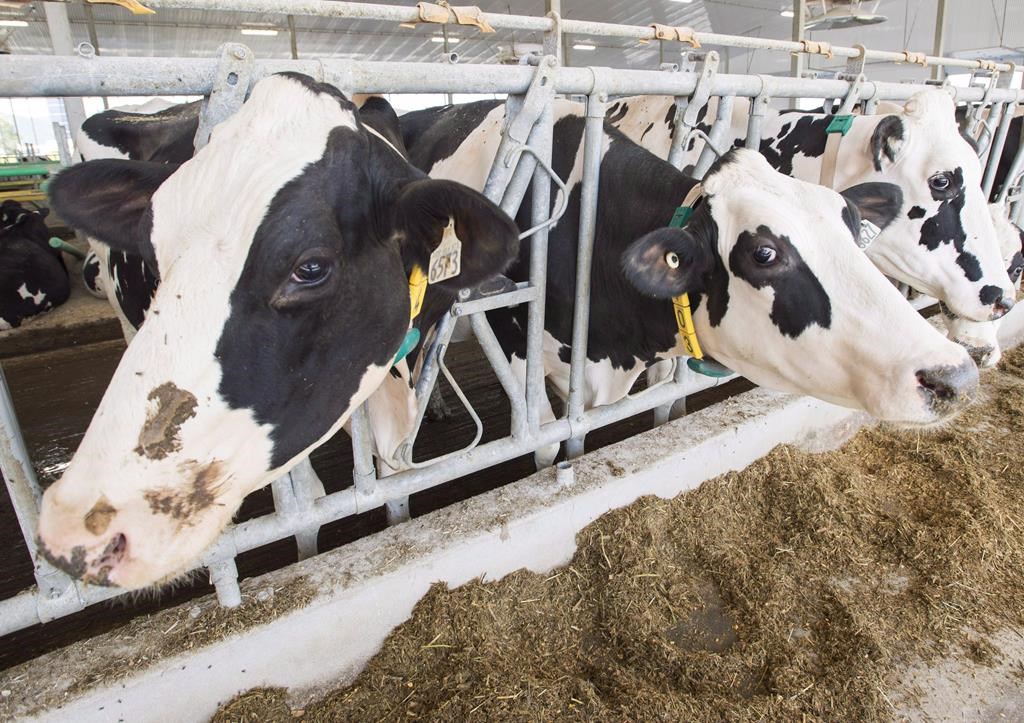Home sales, prices up in February, rebounding from two months of declines
Posted March 15, 2012 5:46 pm.
This article is more than 5 years old.
TORONTO – An early bout of spring weather helped Canadian home sales pick up in February following two months of declines, defying predictions the market is starting to cool.
“The Canadian housing market remains buoyant, with an unseasonably mild winter likely adding some further juice to the mix,” said BMO deputy chief economist Douglas Porter.
The Canadian Real Estate Association said Thursday that home sales rose 1.4 per cent in February, gaining back one third of the month-over month decline in January.
Compared with a year ago, actual home sales rose 8.6 per cent to 36,937 homes sold over CREA’s Multiple Listing Service.
CREA noted the market remained balanced as both home sales and the number of newly listed homes increased 1.9 per cent, reaching their highest level since May 2010.
The increase in supply should help keep the market balanced going forward and home price growth in check.
“A rebound in new listings in Toronto and Montreal, Canada’s two most active markets, offset a retreat in new listings in Vancouver, Canada’s third-largest market,” CREA said in a release.
Vancouver is the most rapidly cooling market in Canada, with February sales down 18 per cent from heated levels a year ago.
Last February, a boom in sales of multimillion-dollar properties was driven by foreign buyers, particularly from Asia, scooping up properties in specific areas, such as multicultural Richmond and ritzy West Vancouver.
That also served to skew the national average home price higher _ a replay of which was not expected this year, said Gregory Klump, CREA’s chief economist.
“February’s data bear this out, but other factors are now keeping the national average price aloft. The main one is the housing market in Toronto, where a tight balance between supply and demand continues to drive some of the strongest home price gains in the country, particularly for single detached properties.”
A preference in recent months for single family homes, which are typically more expensive than condos, has helped to buoy the national average home price.
The national average price for homes sold in February was $372,763, up two per cent from its reading for the same month last year.
Average home prices in Vancouver are still double the national average at $806,094. But the Toronto market has now taken over as the country’s driver of growth, with sales up 12.2 per cent and home prices up 10.6 per cent year over year in February to $454,470.
One Toronto bungalow that recently made headlines sold for $421,800 over the asking price, with the winning bid coming from a university student with funding from her parents in China.
As more buyers get priced out of some of the hottest markets, some are questioning whether _ like the Vancouver market at its height last year _an influx of foreign investment is driving up the value of Toronto homes.
But Toronto real estate agent Elli Davis said while many of her listings receive multiple offers _ some from foreign investors _ she doesn’t believe foreign bids are responsible for the run-up in prices.
“(Foreign investment) has been common for years,” said the 29-year industry veteran, adding that most of her buyers are from Toronto.
“It doesn’t matter who it is, if someone wants to pay more than someone else, that’s just how the market is.”
Industry watchers, who are closely monitoring home prices, have suggested Canada’s real estate market, which has been fuelled by low mortgage rates since the recession, will soon cool off _ but many predict a so-called “soft landing.”
Others have called for a more drastic decline in sales and home prices, saying that the market is overheated, creating a housing bubble that could soon burst.
But BMO’s Porter said that the modest two per cent increase in home prices hardly justifies predictions of a devastating housing crash.
“Could it just be possible that with a high percentage of Canadian analysts and media outlets located in Toronto, that the perception of Canada’s housing market is being deeply influenced by the strength in the local market?” Porter wondered.
On a weighted basis, which gives each region, regardless of size, an equal weighting, prices were up even more _ at 4.6 per cent year-over-year, a jump that will “raise eyebrows in Ottawa,” said CIBC economist Avery Shenfeld.
“Policy-makers are growing more concerned about the risks of an overshoot in home prices (and related mortgage debt) that would set Canada up for a harder landing down the road,” he said.
“That increases the odds of a policy response at some point this year if home price momentum continues, with measures aimed directly at housing and mortgages rather than rate hikes being the likely weapon under consideration.”
Ottawa has stepped in with tighter lending standards three times in the past three years in order to reduce the risk of overborrowing from those most vulnerable to a rise in interest rates.










